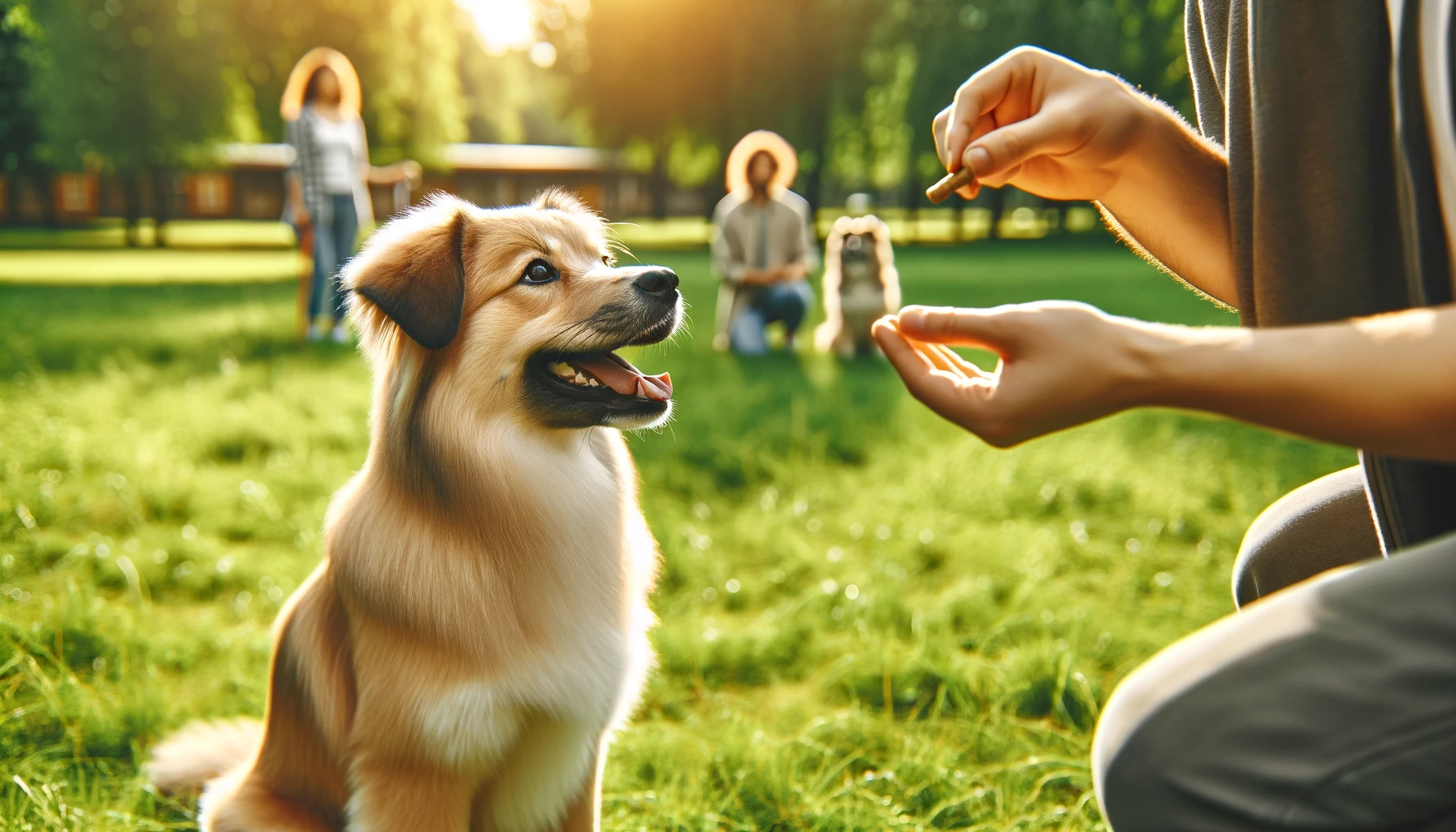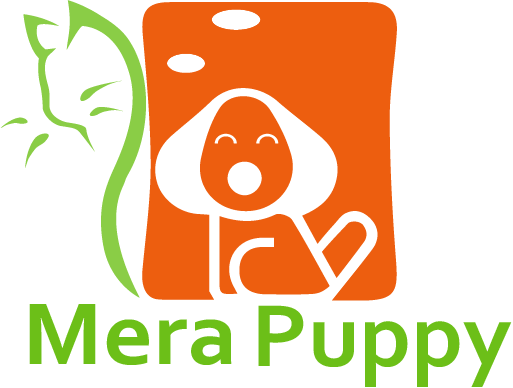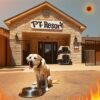- Empty cart.
- Continue Shopping
Training and Socialization

Essential Steps for a Well-Behaved Dog
Training and socialization are fundamental components of raising a well-adjusted, obedient, and happy dog. These elements are critical in preventing behavior problems and ensuring that your pet can confidently interact with various environments and situations. This article explores key strategies for effective dog training and socialization, helping you lay the foundation for a positive relationship with your furry friend.
Understanding the Importance of Training and Socialization
Training and socialization are not just about teaching commands and introducing your dog to other animals or people. These processes help develop your dog’s confidence, reduce fear and anxiety, and create a bond of trust between you and your pet. Well-trained and socialized dogs are less likely to exhibit problematic behaviors, making them more enjoyable companions and easier to manage in different settings.
Effective Training Techniques
- Positive Reinforcement: This method involves rewarding your dog for good behavior with treats, praise, or play. Positive reinforcement is highly effective because it motivates your dog to repeat the behavior that earned the reward.
- Consistency: Consistency in commands, rewards, and corrections is crucial. Use the same words and gestures for specific commands and ensure everyone in the household does the same.
- Short, Frequent Sessions: Dogs, especially puppies, have short attention spans. Keep training sessions brief, around 10-15 minutes, and spread them throughout the day to maintain your dog’s interest and focus.
- Patience and Persistence: Training takes time, and dogs learn at different rates. Be patient and persistent, avoiding punishment or frustration, which can hinder progress.
- Basic Commands: Start with essential commands like sit, stay, come, and down. These provide a foundation for more advanced training and help in managing your dog’s behavior in various situations.
Socialization Strategies
- Early Introduction: Begin socializing your dog as early as possible. Puppies are more adaptable and open to new experiences, making early socialization crucial for long-term behavioral development.
- Gradual Exposure: Introduce your dog to new people, animals, environments, and experiences gradually. Start with controlled settings and slowly increase the level of exposure to prevent overwhelming your dog.
- Positive Experiences: Ensure that socialization experiences are positive. Reward your dog for calm and friendly behavior with treats and praise, reinforcing positive associations with new experiences.
- Varied Environments: Expose your dog to different environments, such as parks, busy streets, and quiet neighborhoods. This helps your dog become accustomed to various stimuli and remain calm in diverse situations.
- Puppy Classes: Enrolling your dog in puppy classes can provide structured socialization and training under the guidance of a professional. These classes offer controlled environments for your dog to interact with other puppies and learn basic commands.
Addressing Common Challenges
Despite best efforts, some dogs may face challenges in training and socialization. Common issues include fear, aggression, or excessive shyness. In such cases, seeking the help of a professional dog trainer or behaviorist is advisable. They can provide tailored strategies to address specific problems and help your dog overcome obstacles.
Conclusion
Training and socialization are ongoing processes that require time, patience, and dedication. By implementing positive reinforcement techniques, maintaining consistency, and gradually exposing your dog to new experiences, you can nurture a well-behaved, confident, and happy companion. Investing in these aspects of your dog’s development will lead to a stronger bond and a more fulfilling relationship with your furry friend.



























